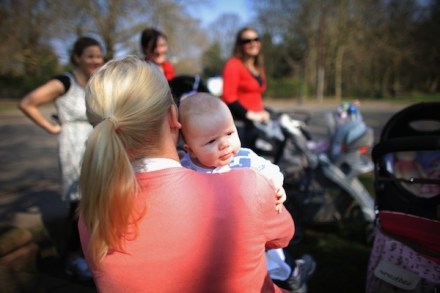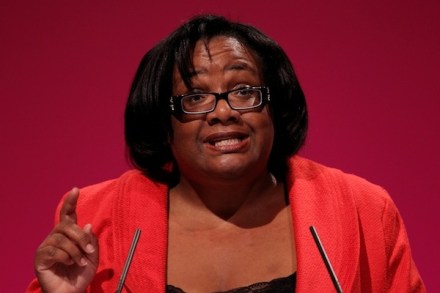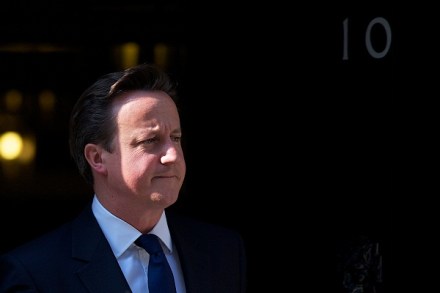What is this word?
‘What are you writing?’ I asked my nine-year-old daughter as she sat at the kitchen table doing her homework. ‘A recount,’ she said. ‘What’s a recount?’ She looked at me with utter disdain. ‘Duh! A recount.’ I calmly explained that you could recount an event in a piece of writing, but that didn’t make what you’d written a ‘recount’. The only sense in which you can use ‘recount’ as a noun is when referring to the act of recounting something. ‘What’s this then?’ she said, waving a piece of paper in my face. Sure enough, the exercise she’d been given by her teacher was to write a ‘recount’ of something


















